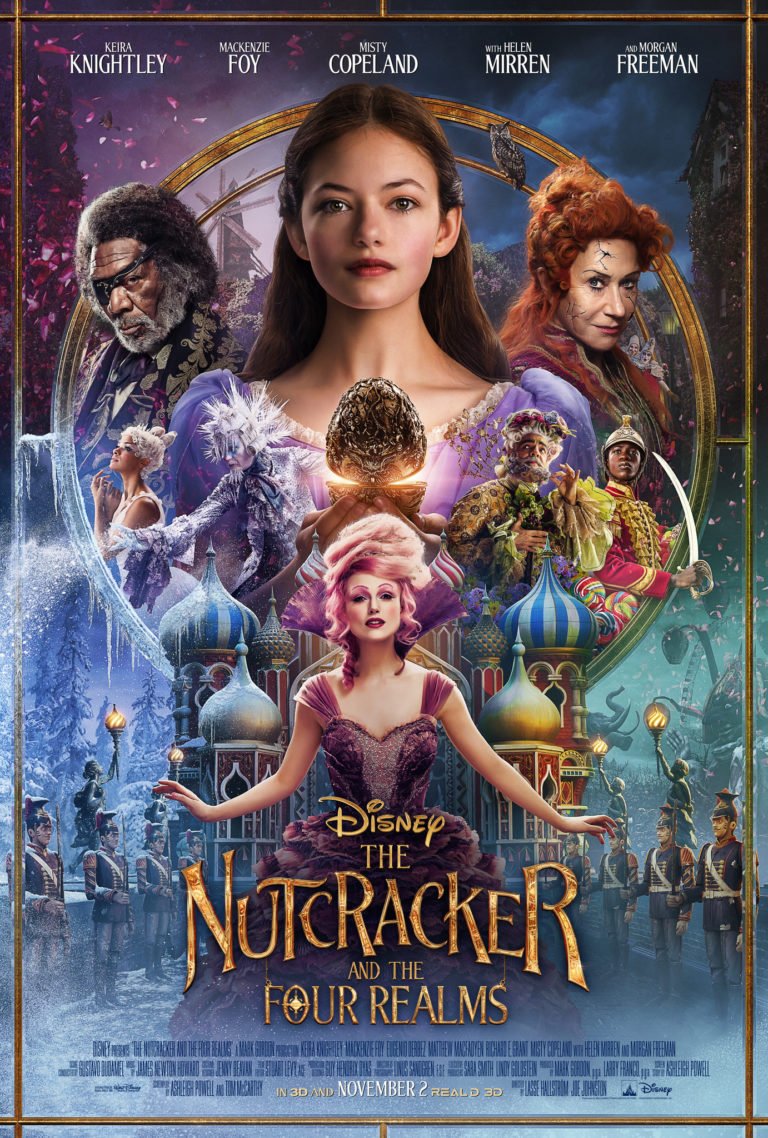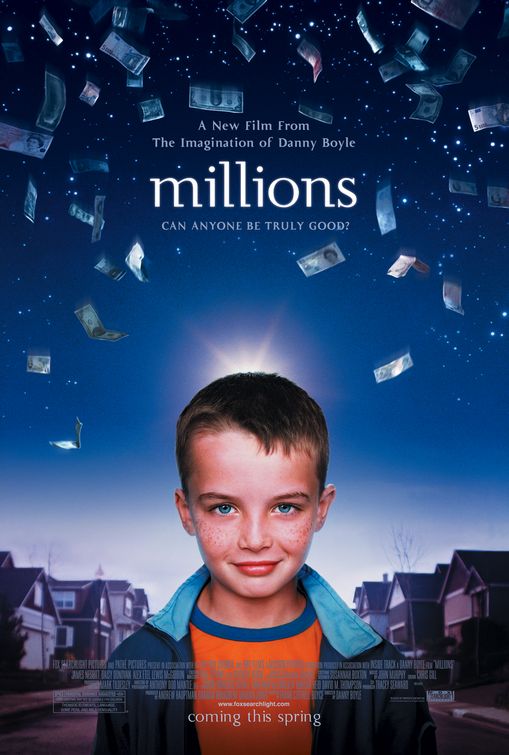Mike Rowe Dives Headfirst Into New Season of DIRTY JOBS, Americans ‘Can Learn A Lot From Dirty Jobs’
By Movieguide® Staff
Mike Rowe dove headfirst into the newest season of his iconic show, DIRTY JOBS, after joining workers in the muddy swamps of the Florida Panhandle.
Rowe recently announced the launch of the tenth season, airing every Sunday night on Discovery. The new season is also available to stream on Discovery+.
In the latest episode, Rowe wore a 100 pound diving mask and waded into murky water to put concrete jackets around wooden bridge pylons.
However, Rowe is accustomed to getting messy on the show, and hopes that it will help America appreciate all types of labor.
“What makes the show relevant, I think, is that it’s a constant reminder to things we’ve become disconnected from as a country,” Rowe told AP. “You can learn a lot from dirty jobs collectively.”
“If you share my addiction to smooth roads and affordable energy and well-maintained runways and indoor plumbing, then the show has a message for you,” he added.
Similar to previous seasons of DIRTY JOBS, which debuted in 2003, Rowe jumps in to learn about a variety of jobs across the country; like hot sauce making in Fort Mill, South Carolina, or emptying ultrafine carbon dust bags in Berthoud, Colorado.
“The intent with every segment is to make people who have nothing to do with that industry feel connected to it,” Rowe said. “Think about the people who allow the lights to come on when you flip the switch.”
Rowe said that another reason the show became popular is because of their behind-the-scenes approach to filming. Rowe said that there are no second takes, which he says allow for a more genuine presentation of the workers and their work.
“All you have to do is get out of the way and let it come out because it always will,” Rowe said. “There’s always humor. Sometimes it’s gallows, sometimes it’s inappropriate, sometimes dad jokes. But whatever it is, that honestly became the most important component.”
Season 10 is a comeback season for Rowe, who took a break from the show in 2012. While Rowe rested, the interest in DIRTY JOBS continued, as Discovery ran reruns from 2012 onward.
Rowe said that the 2020 COVID-19 pandemic peaked interest in dirty, interesting, or under-appreciated jobs.
Rowe is vocal about the harmful language used during the pandemic in regards to America’s ‘essential’ workforce and ‘non-essential’ workforce.
Movieguide® previously reported:
When former DIRTY JOBS host Mike Rowe was invited to join Sean Hannity’s HANNITY just before Christmas, Rowe thought the Fox host would focus on politics. Instead, Hannity and Rowe began a fascinating conversation about one of the most iconic characters in movie history: George Bailey of IT’S A WONDERFUL LIFE.
Rowe then brought George Bailey’s circumstances into real life and noted that many people today feel what George Bailey felt in the movie.
“I also thought about the suicide hotlines all over the country, many of which are receiving more calls than ever before. And it occurred to me that there is a better word to describe the way people feel who decide to jump from this life into the next,” Rowe said. “A word that’s become as ubiquitous as ‘irredeemable’ and ‘deplorable,’ but far more insulting, and far more deadly. That word, is ‘non-essential.’”
Rowe admitted that in March, he did not see the word as harmful. However, as the government hypocrisy became apparent, and people began to lose hope, Rowe saw the title as “cruel.”
“It didn’t strike me just how cruel the term was in March, back when we began referring to doctors and nurses and first responders as ‘essential workers.’ Because really, who could argue with that characterization? What else can you call a worker who risks their lives to keep us safe?” Rowe confessed. “But then, as the lockdowns wore on, the list of essential workers began to grow. Plumbers turned out to be essential, and for good reason. So too, did grocery store clerks. And gas station attendants. And Amazon delivery drivers. And construction workers. And farmers. And electricians. And, believe it or not, actors. And broadcasters. And podcasters. And people who host TV shows.”
Rowe said that he experienced the hypocrisy first-hand while filming a commercial and defended churches, restaurants, and “rational citizens” who see the classifications as unfair.
“I’m on the same list of essential workers as cops and doctors and firemen. Thus, I’ve worked constantly since March, and kept my people employed. In fact, just last week, I was allowed to fly to LA to film a commercial,” Rowe wrote. “To get there, I boarded a sold-out flight, where I sat cheek to jowl with two perfect strangers, one of whom struggled to control a nasty cough behind her cloth mask. How is any of this sensible? How is is remotely fair? Why is filming a commercial ‘essential,’ but running a restaurant not? Why are crowded planes safe, but crowded churches not? And how can anyone expect a rational citizen to obey elected officials who refuse to follow their own rules?”
“Essential work is suddenly back in the headlines,” he told AP. “Something’s happening with work in general and that was reason enough to kick the tires.”



 - Content:
- Content: 

